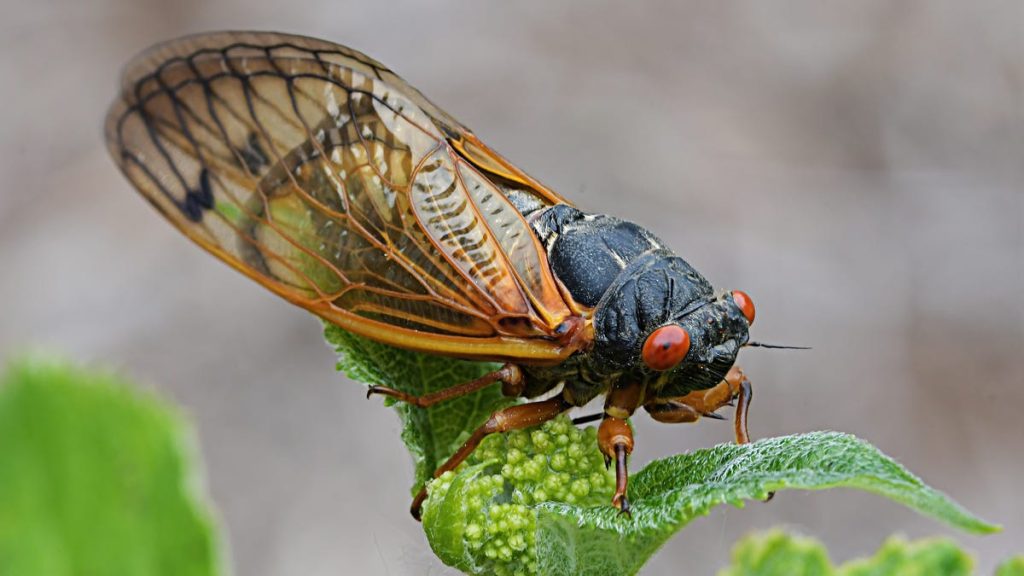The emergence of the double cicada brood has been causing a buzz in the southern regions of the US, with the Great Southern Brood already starting to emerge and the Northern Illinois Brood on its way. The periodical cicadas emerge when the soil temperature reaches 64 degrees below the ground, attracting attention with their loud mating calls. This year, it’s a double-brood year, which is rare and last occurred in 1803. Brood XIX and Brood XIII are expected to emerge in 2024, with Brood XIX being the largest 13-year periodical cicada brood in terms of geographical distribution.
Brood XIX, also known as the Great Southern Brood, is expected to re-emerge in mid-May through late June in states such as Alabama, Georgia, and Virginia. On the other hand, Brood XIII, known as the Northern Illinois Brood, is a 17-year cicada brood that is expected to appear in Illinois, Indiana, and Iowa during the same time period. While cicadas are known for their loud buzzing noise, they are harmless and temporary, as they do not bite or sting. Pesticides are not effective against cicadas, so it is best to let them be until they naturally die off.
To manage the loud noise caused by cicadas, various methods such as noise-canceling headphones, white-noise machines, earplugs, and DIY soundproofing techniques can be used. Climate change has been linked to earlier emergence of cicadas due to rising temperatures affecting their reaction to temperatures. Scientists believe that climate change could potentially impact the cicadas’ life cycles, causing them to emerge earlier or altering their cycle duration.
Citizen scientists can help by using apps like Cicada Safari to collect data on cicadas in different locations, providing valuable information to researchers. Protecting new, small trees from cicadas is important, as female cicadas lay their eggs on trees, which can damage the leaves and branches. Wrapping the trunks and branches of small trees with cheesecloth, foil tape, or landscaping nets can help prevent damage from cicadas. Despite their potential harm to vegetation, cicadas can actually be eaten and are considered a delicacy by some, as long as there are no seafood allergies present.


